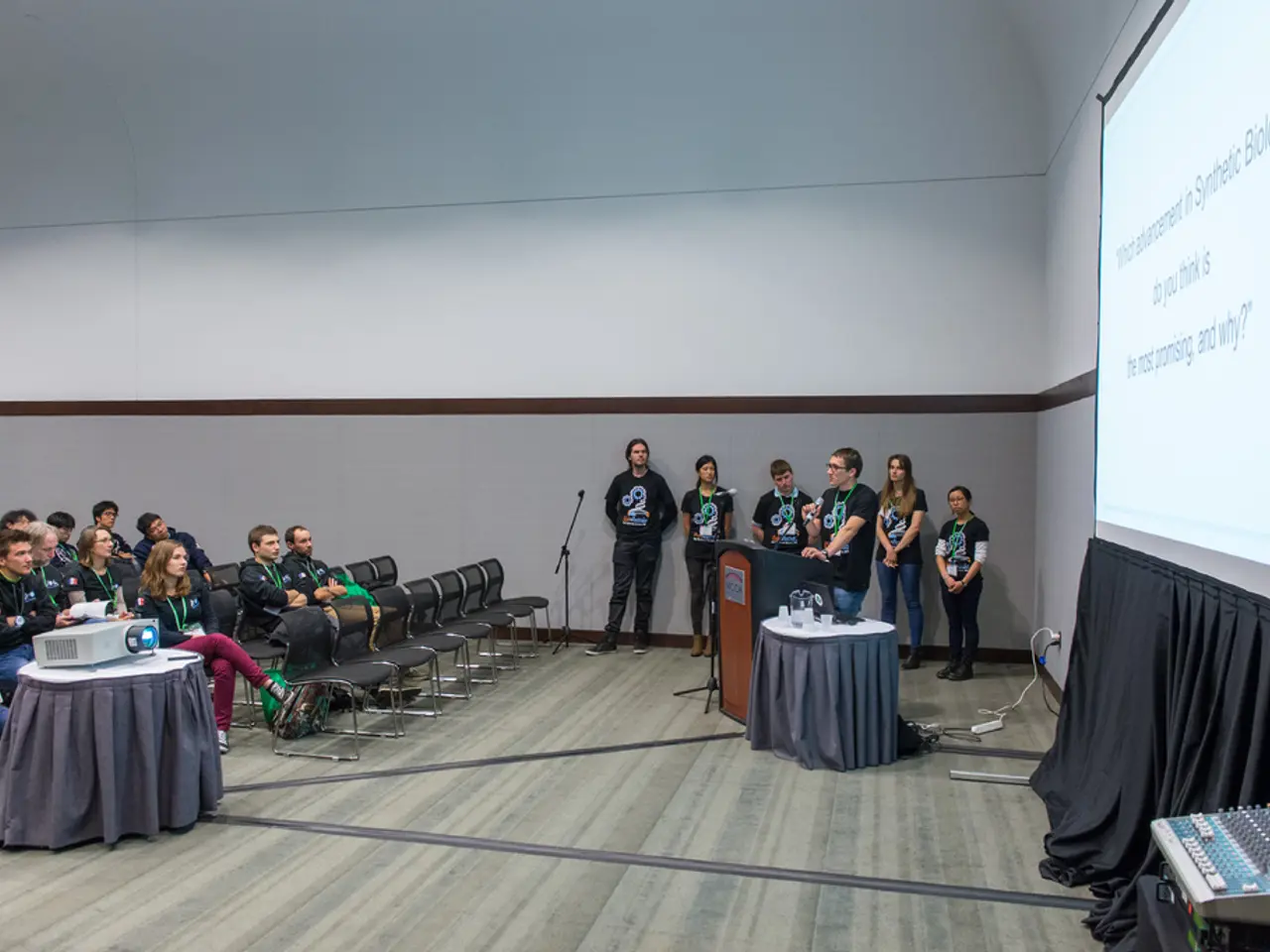Deep-Sea Mining Gains Momentum as Lockheed Martin Solicits Pacific Ocean Exploration Permits
The deep-sea mining industry is at a critical juncture, with the US taking a significant step forward while international bodies grapple with environmental concerns and regulatory challenges.
**US Interest and Lockheed Martin**
The Trump administration's April executive order asserts US rights to issue mining licenses in international waters, bypassing ongoing negotiations at the International Seabed Authority (ISA). This move, seen as a challenge to the ISA's multilateral approach, has drawn criticism from China, which views it as a violation of international law. Lockheed Martin, meanwhile, is seeking to access dormant seabed exploration licenses in the eastern Pacific, signaling a renewed US push in the industry.
**ISA Developments**
The ISA is currently holding key assemblies in Jamaica to finalize a mining code for commercial activity on the ocean floor. The focus is on finalizing the Draft Exploitation Regulations, but there's a push by some states, including the UK, to implement a moratorium on mining due to environmental concerns. The ISA is also working on environmental and regulatory frameworks, but the process faces challenges, including opposition from countries like China.
**China's Stance**
China, which has invested heavily in deep-sea mining, has responded sharply to the US moves. It views the US executive order as undermining international law and harming global interests. China's stance on deep-sea mining is closely watched, as it could influence how other countries approach this sector.
**Global Perspectives**
As of July 2025, 37 states, including the UK, support a moratorium on deep-sea mining. Additionally, 950 scientists have come out in support of such a pause, citing environmental concerns. The industry faces significant regulatory uncertainty, with ongoing debates about how to proceed with mining operations, including discussions on royalties, taxation, and environmental impacts.
The deep-sea mining sector is experiencing a mix of regulatory challenges, geopolitical tensions, and renewed interest from major players like Lockheed Martin. The ISA's efforts to establish clear guidelines are crucial, but the push for a moratorium and concerns over environmental impacts complicate these developments.
Notes: 1. [The Guardian](https://www.theguardian.com/environment/2021/jul/09/us-deep-sea-mining-plan-challenges-international-law-scientists-warn) 2. [Reuters](https://www.reuters.com/article/us-usa-mining-deepsea-idUSKBN2F924J) 3. [BBC News](https://www.bbc.com/news/science-environment-57475822) 4. [Nature](https://www.nature.com/articles/d41586-021-01939-x)
- As the deep-sea mining industry navigates regulatory challenges, environmental scientists are advocating for personal financial investment in renewable energy and sustainable technology as a more responsible approach to climate-change mitigation.
- In light of the US move to issue mining licenses in international waters and China's response, some analysts in the business and finance sector are recommending diversification of investments in industries less dependent on climate change and environmental science.
- As the ISA works on environmental and regulatory frameworks, environmental scientists and universities worldwide are collaborating to study the potential environmental impacts of deep-sea mining on marine life and the climate, fostering advancements in climate-change research and technology.
- The renewed interest in the deep-sea mining industry from players like Lockheed Martin has sparked debate within the realm of environmental-science and industry circles, with discussions about the industry's long-term sustainability and its potential impact on the environment and personal-finance.
- Despite the geopolitical tensions surrounding deep-sea mining, the market for science and technology-focused investments in industries more aligned with environmental conservation and climate-change solutions continues to grow, offering opportunities for those seeking to make a positive impact on the environment while also considering their personal-finance and business interests.



